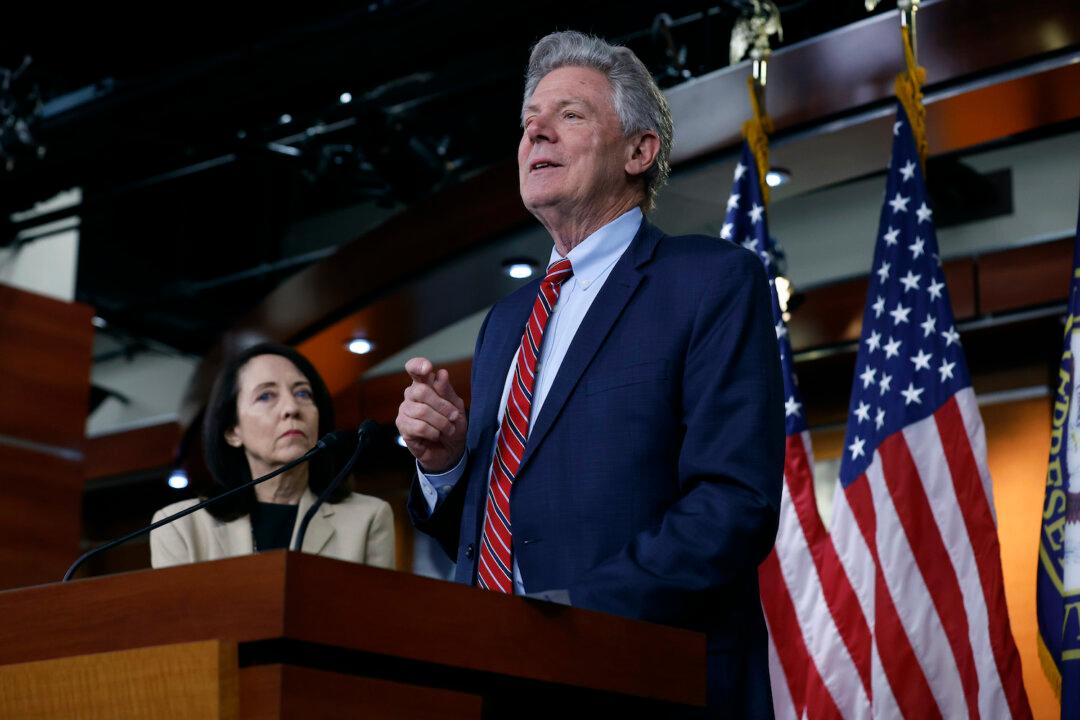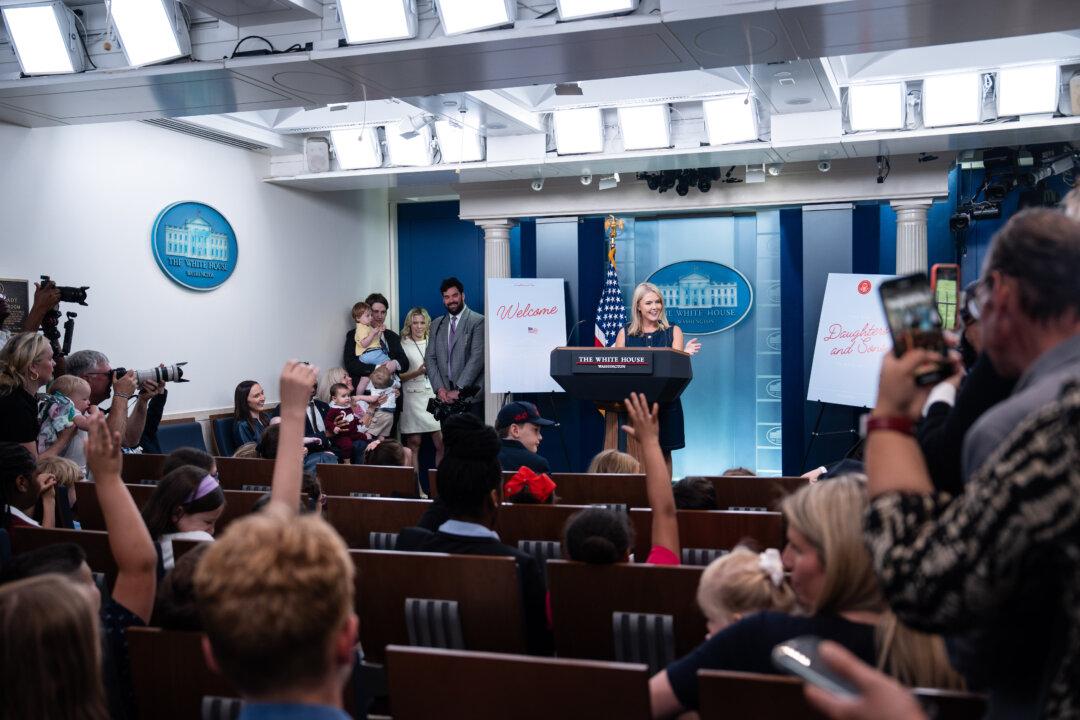House Democrats reintroduced legislation (pdf) on Jan. 20 in Congress to invest in the emergency crude oil stockpile to help finance the recharging infrastructure required to make feasible President Joe Biden’s goal of having half of all new vehicles be electric-powered by 2030.
Rep. Frank Pallone, Jr. (D-N.J.), together with Reps. Angie Craig (D-Minn.), Jason Crow (D-Colo.), Annie Kuster (D-N.H.), Abigail Spanberger (D-Va.), and David Trone (D-Md.) introduced the Buy Low and Sell High Act that failed to gain traction in the 117th Congress.





